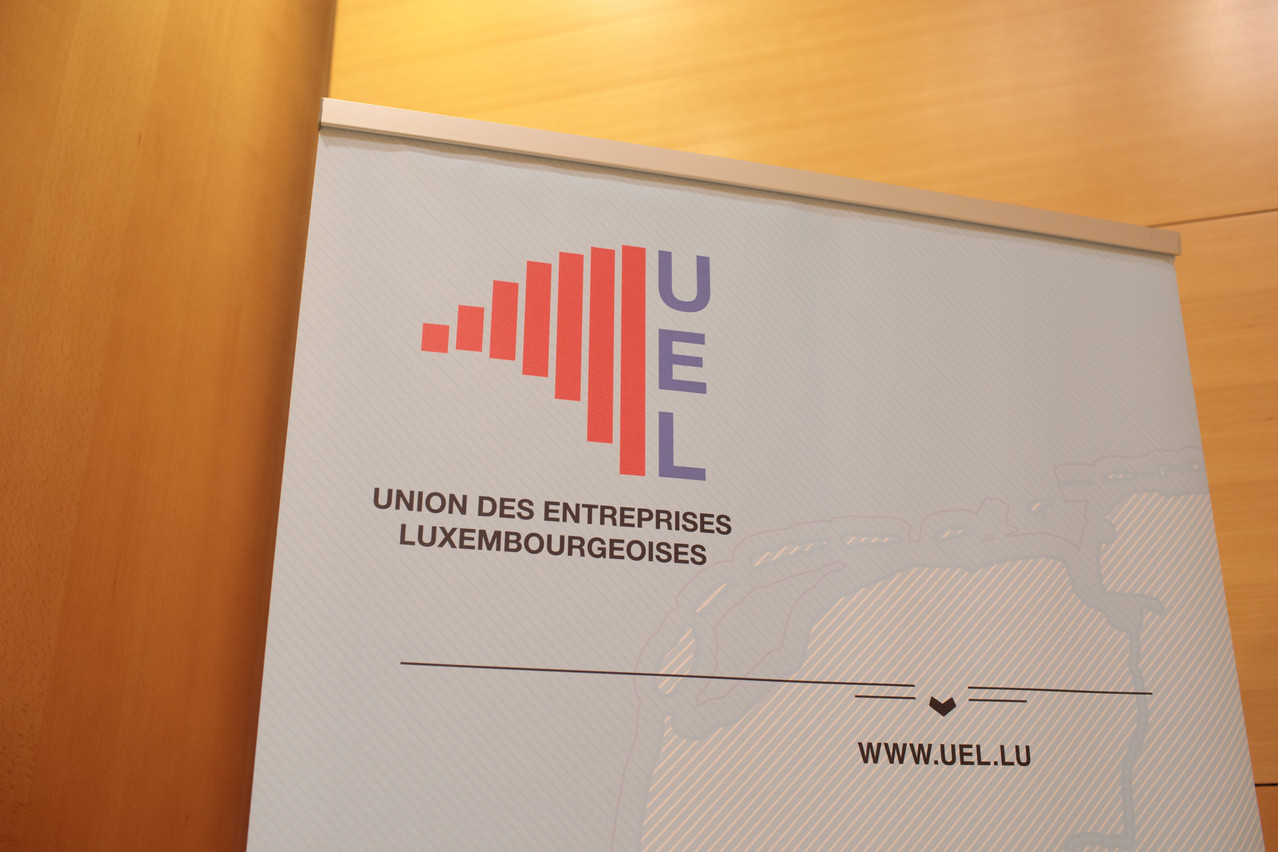As of October, employees will receive a 2.5% wage increase because of indexation, which adjusts salaries to a higher cost of living prompted by inflation. While indexation upholds purchasing power of households, it creates additional expenses for companies.
“The objective of the UEL is not to affect the purchasing power of our employees, quite the contrary, but to limit the negative effects of uncontrolled inflation fueled by automatic processes. For this, it is necessary to tackle the problem at its origin by completely deindexing the economy,” the group said in statement.
“Alternatively, limiting indexation to a certain level of remuneration would have the advantage of protecting the most disadvantaged while containing the overall cost of indexation,” the UEL said.
For example, an employee working at minimum wage might still receive a salary increase while a high earner would not, the lobby group suggested. “We do not find it logical that indexation increases the salary of a person on minimum wage by €550 per year while a person at the contribution ceiling (€11,000) will see their salary increase by €3,300. As a result, this indexing system increases social inequalities.”
Luxembourg businesses are still reeling from the pandemic, the UEL said. Price increases in several product categories could result in higher inflation this year, potentially triggering another index payment, with the group warning of manual labour-intensive businesses could be crippled financially.
“All Luxembourg companies--whether they are exporters of goods and services or their market is limited to the national territory--are in a permanent competitive position with companies from neighbouring countries, not subject to the same constraints,” the UEL continued.
Luxembourg at the start of the year increased its minimum wage. The government launched a subsidy programme to small and medium-sized enterprises struggling to pay for the raise, but this expired at the end of September. Not only will these companies have to pay for the January increase of the minimum wage but now also cover the 2.5% indexation payment.
